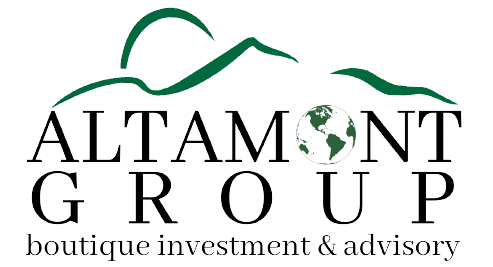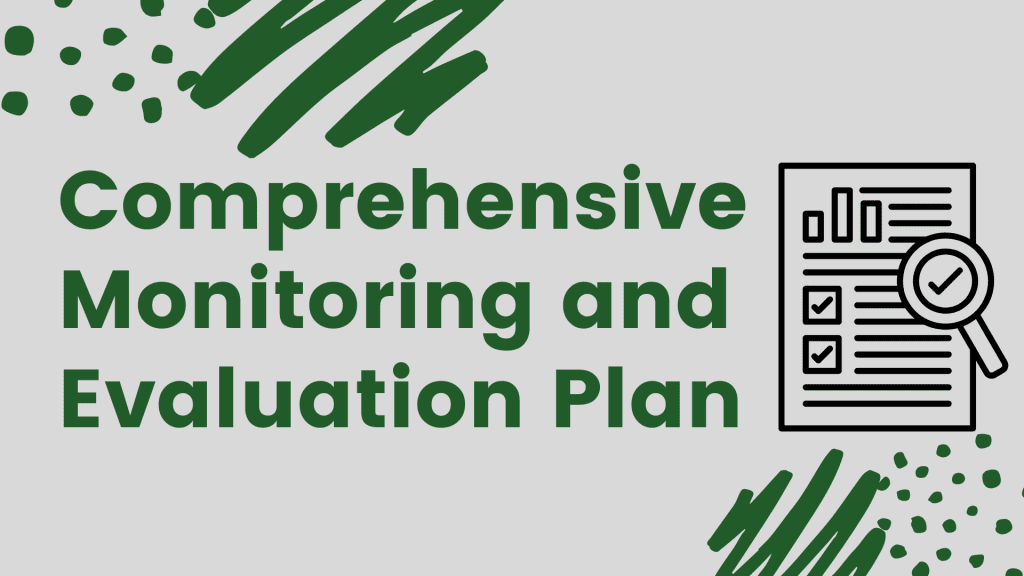Monitoring and Evaluation Plan
Case Study Title Comprehensive Monitoring and Evaluation Plan Date Published 23Apr2021 Type of Client Non-profit Organization Focus Area Monitoring and Evaluation Case Synopsis As part of our client’s efforts to improve its monitoring, evaluation, research, and learning (MERL) capabilities. Our esteemed client engaged us to develop an annual monitoring and evaluation plan that would empower them to collect data, track responses, and analyze results using defined outcomes, outputs, and goals. Case Summary We were tasked with providing our client with MERL plan and strategy implementation support. We utilized various tools including SWOT Analysis, PESTLE Analysis, Porter’s Five Forces, MoSCoW Analysis, Cost-Benefit Analysis, and Return on Investment Analysis. Based on this, we developed a comprehensive MERL plan for organizational and process enhancement, aligned with the US Department of State’s requirements, and positioned our client as a pioneer with the Bureau of Educational and Cultural Affairs (ECA) of the U.S. Department of State. We created data collection materials/tools using Salesforce, Campaign Monitor, Form Assembly, etc. and audited the Salesforce system in use by our client to identify methods of tracking and interacting with Fulbright alumni to collect long-term data. We also provided capacity development to key stakeholders focused on MERL and continuous improvement principles. Our final deliverables included a MERL plan that included data collection methods, tracking methods, and reports for the data analysis set up along with a full narrative detailing best practices for implementation also provided ongoing strategy implementation support for programming across North and South America-focused on equalizing opportunities across genders and contexts. Altamont Group is a boutique advisory firm that offers strategic and implementation expertise to many leading organizations globally. EdWorX, which is Altamont Group’s US-based partner, offers consultancy services in North America; and FleXademy, which is Altamont Group’s affiliate, offers learning solutions globally. Altamont Group is guided by six core values namely: Dedicated, Engaged, Entrepreneurial, Ethical, Agile, Responsive (DEEEAR). Altamont Group has a robust team of experienced specialists, who have extensive experience in MERL: Monitoring, Evaluation, Research and Learning. Additionally, Altamont Group has more than 45 consultants and subject experts working on various projects that straddle the emerged and emerging economies. Over the years, Altamont Group has partnered and worked with global organizations such as the World Bank, NATO, UNESCO, UNICEF, UNHCR, CAMFED, the Global Innovation Fund, and Mercy Corps. Altamont Group also works extensively with governments, including the US Secretary of State, the Kingdom of South Arabia, Global Affairs Canada, and the UAE, to name a few. Altamont Group’s clients are frequently returning clients, illustrating that AG’s approach and its unique expertise are highly valued. Background Altamont Group developed an M&E Plan that considered the client’s strategic goals, DoS indicators, and will enable a cycle of continuous improvement. The M&E plan systematically: •Collected data, •Analyzed data, •Reported findings of achievements, •Identified areas of improvement. This document outlines the M&E Plan and serves as a guide for our client to implement the M&E Plan. In the M&E Plan that was developed by Altamont Group, it was noted that the three strategic goals (increase grantee satisfaction, increase alumni engagement and business development) will drive our client’s organizational digital transformation. Problem Our client engaged us so that we could develop a Monitoring and Evaluation (M&E) Plan to support their evolution and ensure alignment with the US Department of State (DoS’s) reporting requirements. The Fulbright Foreign Scholars program enabled graduate students, young professionals, and artists from abroad to study and conduct research in the United States. Approximately 4,000 foreign students receive Fulbright scholarships each year. Our client administered part of the Fulbright Program, which provided grants to individuals from Latin America and the Caribbean to study in the United States. Therefore, a big focus of this M&E Plan that was developed by Altamont Group ensured that the phase of “alum” was also incorporated into the program. Solution Our comprehensive MERL plan recommended organizational and process enhancements, including data collection methods, tracking methods, and data analysis reports set up using Salesforce. The plan also included a timeline for data collection and best practices for implementation. We provided capacity development to key stakeholders, focused on MERL and continuous improvement principles, and ongoing strategy implementation support for programming across North and South America, with a focus on equalizing opportunities across genders and contexts. Impact In the M&E Plan that was developed by Altamont Group, it was noted that the three strategic goals (increase grantee satisfaction, increase alumni engagement and business development) drove our client’s organizational digital transformation. Moreover, as two of the client’s strategic goals were specific to the engagement of Alumni, the Theory of Change mapping related to Alumni interaction to activities and indicators. Conclusion We were able to identify key goals that aligned with this M&E Plan. A solid M&E System – what this plan turned into guided and adjusted our client’s strategic goals. In addition, the data from the M&E System was able to show a measurable way if our client was meeting its strategic goals. Our client needed to focus on their participants when they are considered a “Grantee” and later “Alum”. The three strategic goals that related to this M&E Plan were: •Increasing Grantee satisfaction. •Increasing Alumni engagement. •Business Development The M&E plan systematically collected data, analyzed data, and reported findings of achievements and identified areas of improvement. This document outlined the M&E Plan and served as guide for our client to implement the M&E Plan. We developed an M&E Plan that considered client’s strategic goals, DoS indicators, and it enabled a cycle of continuous improvement.
Monitoring and Evaluation Plan Read More »


